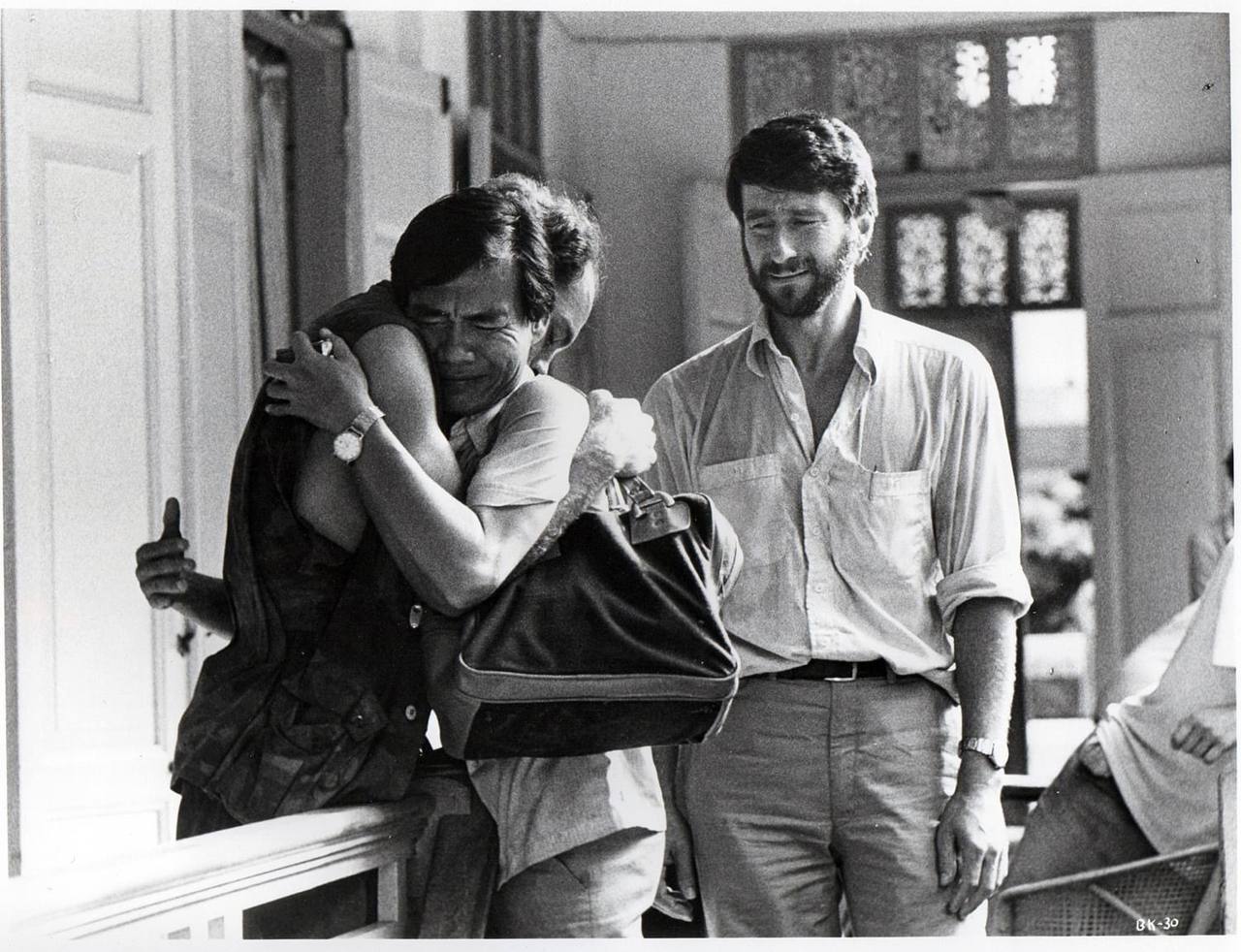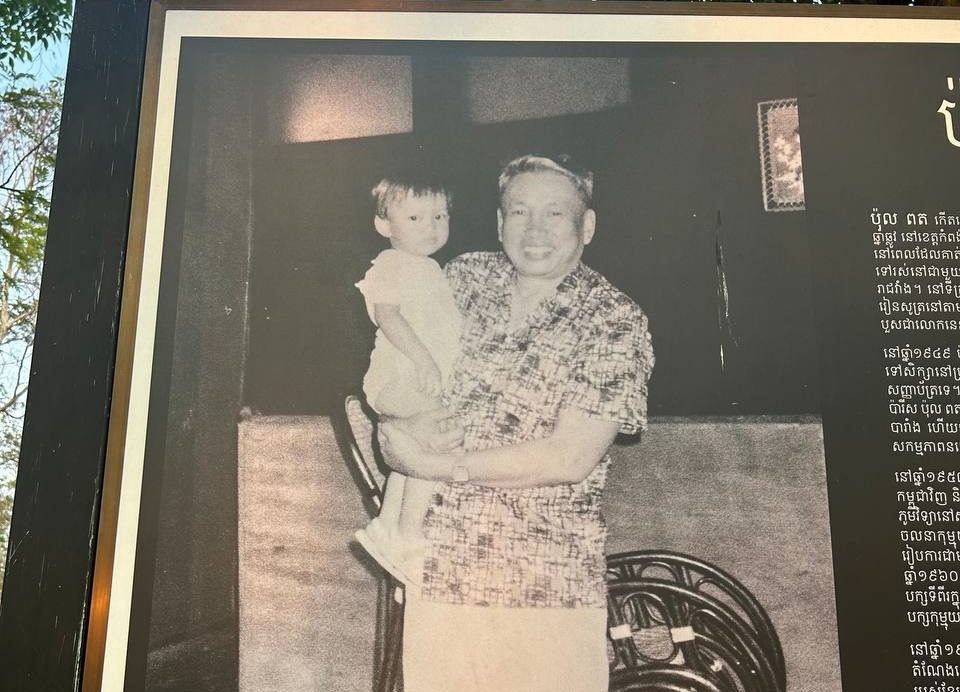While the list of foreign embassies in Democratic Kampuchea dies not exactly tell the whole story of the foreign relations of the country, it does offer an insight into not just where the country saw itself, but also how it viewed its future.
Some of the very few countries that kept embassies here are not that much of a surprise, while others truly are. Most contact with foreign missions were held by senior members of the Standing Committee of the Communist Party of Kampuchea.
Democratic Kampuchea embassies in countries
Despite only allowing 10 embassies within the country, the Pol Pot regime maintained overseas missions in 14 countries namely;
- Albania
- Algeria
- Saudi Arabia
- Peoples Republic of China
- North Korea
- Cuba
- Egypt
- Romania
- Laos
- Sweden
- Tanzania
- USSR
- Vietnam
- Yugoslavia
Interestingly despite being avowedly anti-Soviet ties were still maintained. With the exception of Burma all countries that had an embassy in Phnom Penh had a reciprocal one.

List of foreign embassies in Democratic Kampuchea
While small the list of embassies in Democratic Kampuchea would likely have been much smaller had it not been for some serious networking by Sihanouk.
China – The Chinese embassy was not only the biggest, but also the most important economically and otherwise. Despite the Khmer Rouge stating that they wanted to be independent and spring both the west and the east, they received a lot of aid from China. This was to continue through the Khmer Rouge insurgency and even to modern day Cambodia. Itas ghoul be noted that the Chinese embassy in Democratic Kampuchea was the inly tone that was allayed freedom of movement with all other missions under heavy restrictions.
Albania – As a former staunch ally of China, fan of autarky, and Revisionist Enver Hoxha was only ever likely to see the best in Democratic Kampuchea.
Burma – Another slightly strange one on the list, particularly as the Khmer Rouge did not reciprocate. Burma at the time was being ruled under the banner of the Burmese Road to Socialismand was not only a standalone communist state, but also into autarky.
Democratic Peoples Republic of Korea – Perhaps the best most important after China, although with less power or freedom. Alongside China were no doubt pivotal in King Sihanouk being spared death.
Cuba.- Cub actually held a lot more freedom in foreign policy than most Soviet client states, as well as good name for helping developing countries. It is also thought they were used partly as a go between for Democratic Kampuchea and the USSR.
Laos – Newly communist Laos was an obvious choice for being an ally, although this would soon go wring as Laos fell into the orbit of Vietnam.
Romania – Ceausescu or the mad man of Eastern Europe did like to tread his own path, so recognition here was more about treading an independent line from the Soviet Union rather than personal interest.
Egypt – Another seemingly strange choice, but as stated in the constitution of Democratic Kampuchea membership and participation in the non-aligned movement was key, hence the embassy.
Vietnam – Initially the most important embassy before anti-Vietnamese sentiment began ripping through the ranks of the Khmer Rouge. The mission was closed way before they were to help liberate the country.
Yugoslavia – Yugoslavia were key leaders of the Non-Aligned Movement, had been staunch friends of Sihanouk, as well as having had their own problems with the Soviets. This made them neutral friends with the government of Pol Pot.
This though far from tells the true story of the foreign relations of Democratic Kampuchea, or indeed the Khmer Rouge, which would ironically become larger after they lost power.




